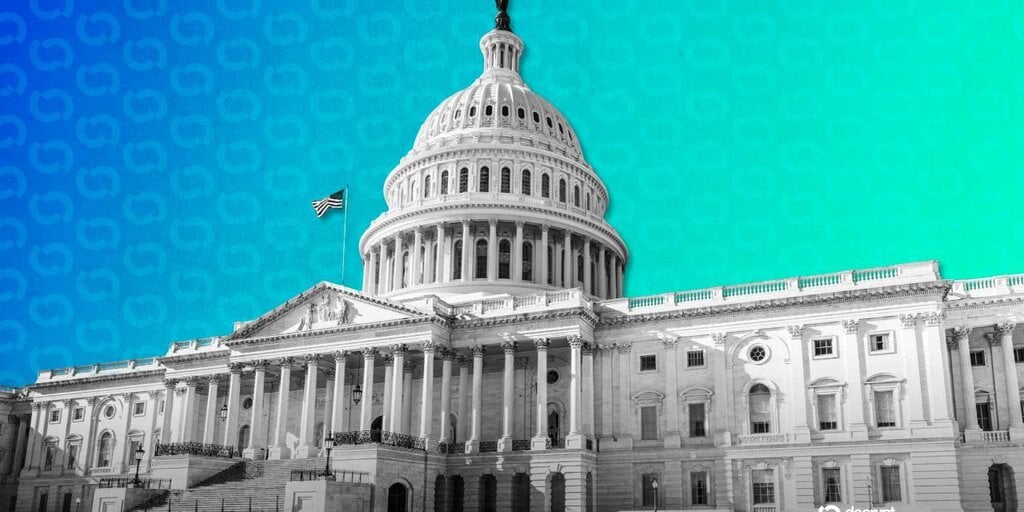Trusted Editorial content, reviewed by leading industry experts and seasoned editors. Ad Disclosure
The European Central Bank (ECB) is reportedly gaining traction in its pursuit of a ban on multi-issuance stablecoins across the European Union (EU). This move comes in light of recommendations from the European Systemic Risk Board (ESRB), which is tasked with safeguarding Europe’s financial integrity.
Multi-Issuance Stablecoins Under Fire
Last week, the ESRB approved a recommendation that advocates for a prohibition on multi-issuance stablecoins. Sources familiar with the discussions, told Bloomberg that this guidance was sanctioned by a board comprising central bank governors and EU officials.
Under the multi-issuance model, licensed providers in the EU are required to hold local reserves in at least one member state while simultaneously managing reserves for identical tokens issued abroad.
The ECB, under the leadership of President Christine Lagarde, has been a vocal advocate for the proposed ban, stressing the need for clearer safeguards around the operation of such stablecoins within the European Union.
The implications for existing stablecoin companies, such as Paxos and Circle (CRCL), which are already licensed to operate under the multi-issuance framework, remain uncertain.
Growing Concerns Over Financial Stability
Both Paxos and Circle primarily operate out of the US, known for its crypto-friendly regulations under President Donald Trump’s vision of transforming America as the “crypto capital of the world”, which has raised concerns among some European regulators.
Concerns have been repeatedly voiced by ECB officials regarding the potential risks posed by these dollar-pegged stablecoins to both financial stability and monetary sovereignty in Europe.
Lagarde has previously warned that foreign holders of stablecoins may create significant “legal and operational risks” for European Union-based issuers, emphasizing the need for regulatory clarity.
Despite this, the European Central Bank does not have direct authority over the implementation of regulations governing digital assets in the EU. The European Commission has yet to adopt an official stance on the matter.
Judith Arnal, a board member at the Bank of Spain and an associate senior research fellow at the Centre for European Policy Studies, highlighted in a recent paper that the ongoing debate over multi-issuance stablecoins poses a more profound challenge to the credibility of the Markets in Crypto-Assets (MiCA) framework.
She cautioned that a regulatory landscape characterized by disputes among the ECB, the Commission, and the European Parliament could send a troubling message internationally, suggesting that MiCA may be fragile and open to varying interpretations.
In conjunction with these developments, the ECB has been working since 2021 to establish a central bank digital currency (CBDC) tied to the euro, although it is still waiting for the necessary legal framework to move forward.
The daily chart shows the total crypto market cap at $3.8 trillion. Source: TOTAL on TradingView.com
Featured image from DALL-E, chart from TradingView.com
Editorial Process for bitcoinist is centered on delivering thoroughly researched, accurate, and unbiased content. We uphold strict sourcing standards, and each page undergoes diligent review by our team of top technology experts and seasoned editors. This process ensures the integrity, relevance, and value of our content for our readers.




